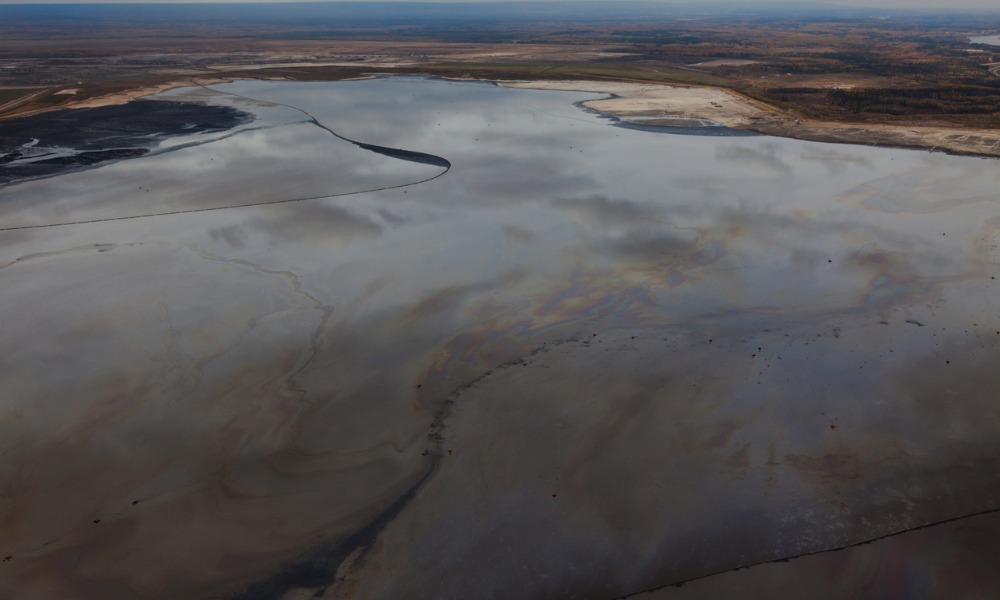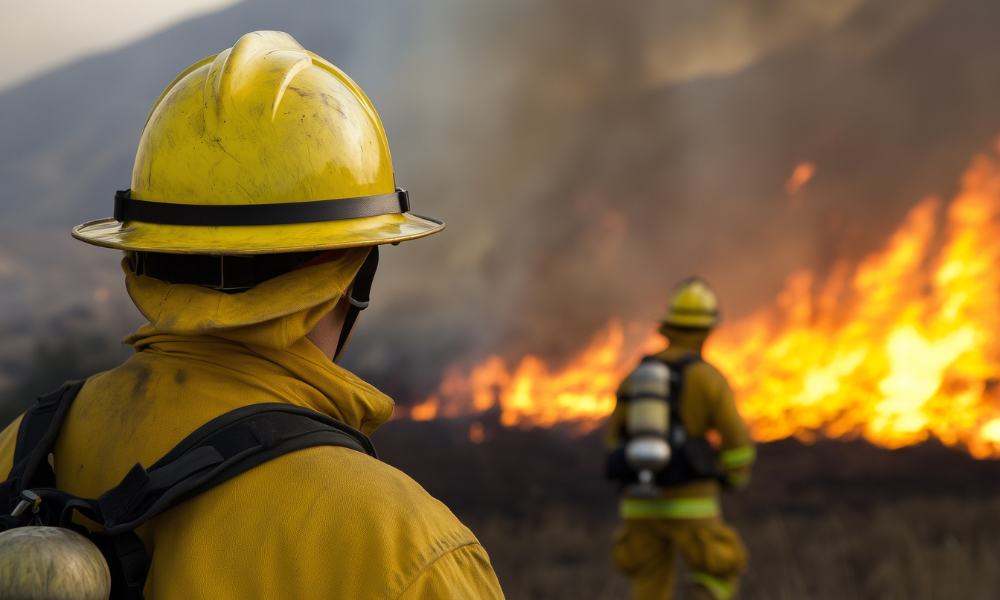Alberta Energy Regulator investigating at site north of Fort McMurray

The Alberta Energy Regulator (AER) is investigating after Suncor reported the discovery of dozens of dead animals at an oilsands tailings pond.
Suncor notified the regulator late Friday afternoon that a few dozen birds were found at a tailings pond at Suncor’s Base Mine Site about 29 kilometres north of Fort McMurray. The company says the discovery was made during an oilsands bird-contact monitoring program survey.
The regulator began investigating “immediately” and by the end of the weekend the animal death toll had climbed to 43 birds, two muskrats, one bat, and one vole.
The AER issued a statement on its website saying an inspector is on site “to gather and review information, gain situational awareness, and assess the existing mitigations and hazing systems in the area. The inspector will ensure mitigation strategies are in place and actioned appropriately by Suncor.”
The regulator says it is collaborating with Environment Canada and Climate Change, Alberta Environment and Parks, and Suncor “to ensure that all safety, wildlife, and environmental requirements are met during the response to the incident.”
Suncor spokesperson, Erin Rees, sent an email to the Canadian Press saying, “at the time of discovery, all bird deterrent systems at Base Plant were active. Our Bird Deterrent Program includes canons, radar and effigies. We have initiated an investigation.”
Suncor’s safety record has been under intense scrutiny, both from an environmental standpoint as well as worker safety.
The discovery comes just days after Suncor reported the release of six million litres of water from a sedimentation pond at its Fort Hills oilsands mine north of Fort McMurray, which exceeded guidelines for sediment.
It was also made just one day after Brad Carson, CEO of Imperial Oil, apologized to a federal parliamentary committee for the company’s handling of a series of leaks that saw water seeping from of its tailings ponds at the Kearl Lake site, which turned out to be groundwater contaminated by waste. The company knew about it in May and didn’t report it to First Nations or the provincial or federal governments until February.
“We are disappointed in this recent performance,” says Carson, “we can and will do better, I promise you that.”
The issue of tailings ponds and the impact on the environment has come up several times in recent years. 50 birds were found dead at an Imperial Oil site in 2020.
Syncrude was fined more than $2.7 million in January 2019, after pleading guilty to environmental charges in the deaths of 31 great blue herons at one of its oilsands mines north of Fort McMurray in 2015.
Syncrude was also fined $3 million in 2010 after more than 1,600 ducks died when they landed on a tailings pond in 2008.
Aliénor Rougeot is the climate and energy program manager at Environmental Defence and tells Global News, the issue of tailings ponds needs to be addressed. “That clean-up question is one that Canada hasn’t solved, and we really have to start that conversation now.”





